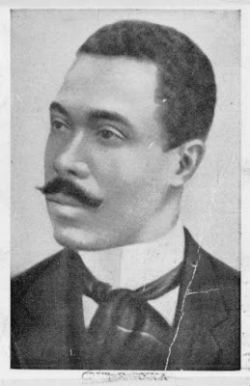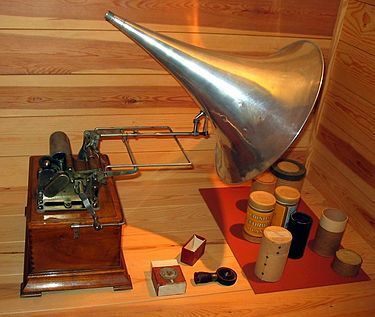AbrahamLincoln (1809-1865) was the 16th president of the United States from 1861 to 1865.
During his tenure he faced the American Civil War and abolished slavery in the country.
Biography

Abraham Lincoln was born in Hardin County, Kentucky, on February 12, 1809, into a family of settlers. His father, Thomas Lincoln, lost everything and moved his family to Indiana when Lincoln was nine.
As the family was very poor, he was practically self-taught and borrowed books to complement his learning. He started his professional life in a series of technical activities. He was a surveyor, postal agent, woodcutter and shopkeeper.
He became a lawyer when he was 25 years old after a long period of studying the legislature.
Lincoln began his political career as a state deputy in Illinois. He then runs for a seat in the US Congress in 1845 for the Republican Party.
In the 1950s, a series of debates began on the compatibility of democracy and slavery. Lincoln argued that it was impossible to be a rule of law maintaining the slave system. These discussions make his name gain fame in the northern states, but be decried in the southern states.
He tries for a seat in the Senate but fails to get elected. In any case, he managed to be nominated for the presidency of the Republic in 1860 and win the presidential elections without the support of the southern states.
Immediately, the southern states decide to separate from the north and form an independent nation. The American Civil War begins and the two sides face each other for four years. In the meantime, Lincoln succeeds in abolishing slavery.
Lincoln was assassinated by John Wilkes Booth (1838-1865), an actor against the abolition of slavery, while attending a play in Washington.
secession war
With the growth of the movement for Abolitionism throughout the country a mobilization for the independence of the southern states is initiated. Lincoln opposes this initiative. When elected president in 1860, Abraham Lincoln faced a strong separatist struggle.
Some southern state governors are against Lincoln's policy and show discontent even before taking office.
Led by South Carolina, six states - Alabama, Georgia, Louisiana, Florida, South Carolina, Mississippi - form a new country, dubbed the Confederate States of America.
So, a month after the new president takes office, the secession war (1861-1865). The conflict began on April 12, 1861, in South Carolina. In four years, 600,000 Americans died. The war ended on April 9, 1865 with the victory of the north over the south.
abolition of slavery
Even with the war under way, Abraham Lincoln makes a decision that would change the history of the U.S.
On January 1, 1863, he signed the Emancipation Proclamation that would free all slaves in the country.
Two years later, he would pass the 13th constitutional amendment banning slavery on American soil.
Despite the abolition, the debates over the granting of civil rights to former slaves, African Americans would face a long struggle to be recognized as citizens. In the South, movements like the Ku Klux Klan they terrified generations of blacks with their violent acts.
Sentences
- "Sin for silence, when one should protest, turns men into cowards."
- "God must love mediocre men. He made several of them".
- "You can fool everyone for a while; some can be fooled all the time; but you can't fool everyone all the time."
- "Only has the right to criticize those who intend to help."
- "Almost all men are capable of enduring hardship, but if you want to test a man's character, give him power."
- "I walk slowly, but I never walk backwards."
Curiosities
- Lincoln was the president who made the Day of Thanksgiving as a festive day in the United States.
- The politician's biography yielded several films for the cinema. Some examples are "Lincoln" by Steven Spielberg, 2012 and "Abraham Lincoln" by D. W. Griffith, filmed in 1930.



